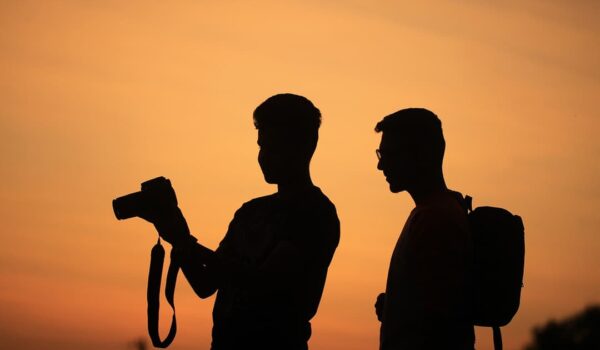- Develop your eye for detail
Some people think that being a good photographer means having a good camera. This is definitely not the case! A good camera can improve the quality of your shots, but it’s important to have a photographic eye. If you don’t have that, you won’t be able to take good shots. develop
your eye through constant practice – frame and change the frame of the world around you. What works for you? What doesn’t? - Protect yourself
Being a photojournalist can be dangerous. You may be working in a war zone, or at a protest, or even just walking down the street where an accident could happen. You need to protect yourself as much as possible. Have insurance for both you and all of your equipment, and consider using automatic uploads to the cloud so that your work is always being created. You don’t want to risk life and limb just to lose your images! Keep your safety in mind and try not to compromise yourself in a way that could cost you your life or cause serious injury. - Know your stories
While there’s something to be said for being on the ground during the biggest news stories of the year, it’s not always the best tactic. Working with what you know can yield better results. - Be businesslike
Photojournalists are often freelancers, which means you will essentially be running your own business. You should know how to manage finances, sign contracts, protect your rights, etc. Even if you’re hired as an employee, you need to know your value and whether you’re getting paid enough. Understand what to charge, how to negotiate, and how to manage your legal rights. - Accept rejection
Be prepared for rejection – a lot of it! If you want to publish hundreds of images, you will need to submit thousands of images. Don’t send a single submission and wait for it to come back – move on to the next one and keep going. This is the only way you’ll earn enough income to live on. Rejection can happen for many reasons other than the quality of your work: the editor may have already sent another submission, they may have a staff photographer, they may not be covering the story, they may want to show a different point of view… - Expect fewer photos
As a photographer, you may think that you will spend most of your time taking photos. Not so! You’ll find that most of your time is spent editing, presenting, invoicing, negotiating, chasing payments, managing your archive, updating your website, marketing, etc. - Stay ethical
Unfortunately, there is a lot of unethical photojournalism out there. There have been countless scandals with Photoshop-edited images, distortion and staging, etc. Don’t be tempted to let your own opinion or the pursuit of big money lead you into these tricks. When discovered, they can be career-ending. Stay true to the ethics of photojournalism, which requires only honest observation. Do not interfere or try to change the events that are happening around you.
Photojournalism School
